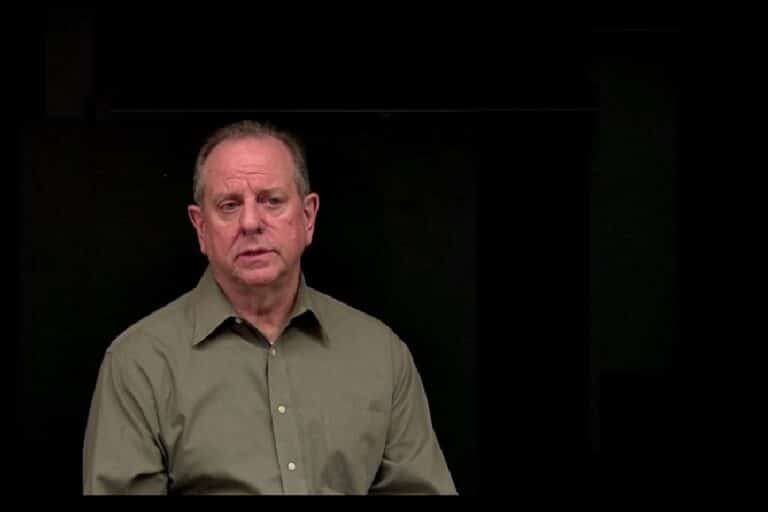Bob Heywood
Bob Heywood has been on staff with Harvest USA since July 2004. For years Bob struggled with using pornography, something he was not aware was having an effect on him, his wife, or his church. He has a wonderful testimony of sanctification and reconciliation by the hand of the Lord. In the past Bob has worked with youth and served as a volunteer leader with Harvest USA for a number of years, prior to coming on staff. Bob is an elder at Pilgrim Presbyterian Church (PCA), Philadelphia, PA. Now at Harvest USA he works with the biblical support groups for men struggling with sexual sin. He also does one-on-one discipleship with ministry recipients, presents at seminars, and trains individuals to be small group facilitators.
Bob Heywood
Bob Heywood has been on staff with Harvest USA since July 2004. For years Bob struggled with using pornography, something he was not aware was having an effect on him, his wife, or his church. He has a wonderful testimony of sanctification and reconciliation by the hand of the Lord.
In the past Bob has worked with youth and served as a volunteer leader with Harvest USA for a number of years, prior to coming on staff. Bob is an elder at Pilgrim Presbyterian Church (PCA), Philadelphia, PA. Now at Harvest USA he works with the biblical support groups for men struggling with sexual sin. He also does one-on-one discipleship with ministry recipients, presents at seminars, and trains individuals to be small group facilitators.


How Did My Porn Habit Damage My View of Women?
In this video, Bob shares the story of his struggle with pornography and how it damaged his view of women. You can also read his blog, “Coming to Grips with How Porn Damaged My View of Women,” which corresponds to this video. To learn more, consider purchasing What’s Wrong with a Little Porn When You’re…



Fighting the Battle with Pornography (Video Blog)
Bob Heywood shares his story about his battle with pornography and what it took for him to change.







